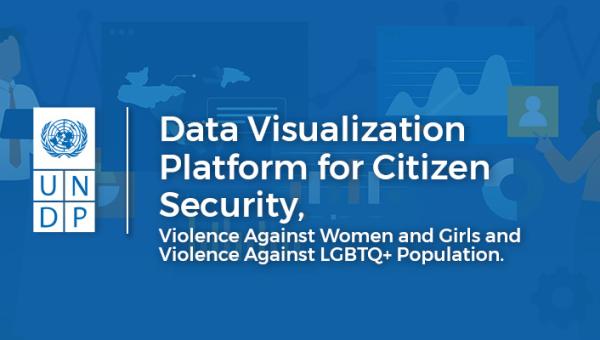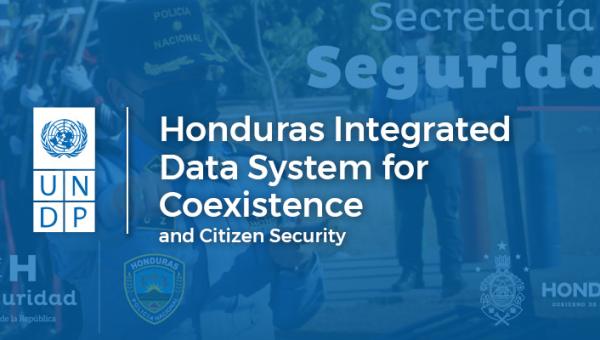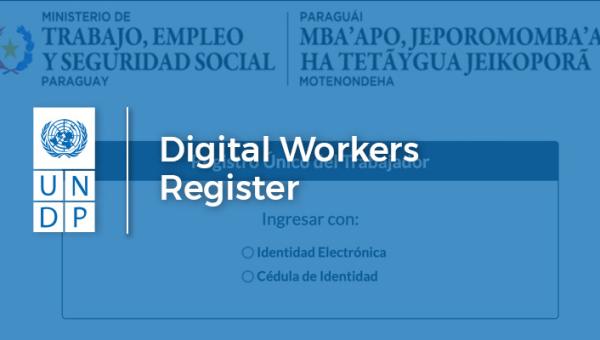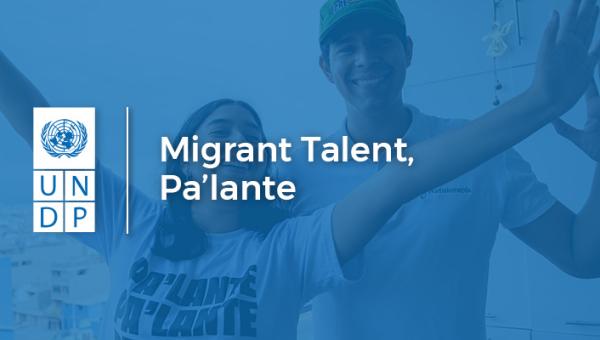Collaborative Citizen Science Solutions

PROJECT OWNER: AccLab LAC - Argentina
We propose an approach to co-create mapping solutions for environmental citizen science. It is based on working collaboratively with government allies and has proven to be a successful solution for expanding citizen science. This approach helps strengthen environmental activism in territories, influence the inclusion of new topics on the public agenda, promote evidence-informed public policies, facilitate the co-creation of innovative solutions, and raise awareness of an issue or support behavior changes.
The UNDP Acceleration Lab in Argentina, Co_Lab, together with the Ministry of Science, Technology, and Innovation (MINCYT), co-created a mapping of national citizen science environmental initiatives. Citizen science refers to the collective, open, and participatory research effort aimed at generating knowledge rigorously and driven by a broader and more heterogeneous range of actors, who are not necessarily within traditional academic circles. The mapping aims to:
Boost the recognition of the social value of citizen science and participation in such initiatives.
Identify and visualize environmental initiatives to recognize key actors, projects with potential for replicability and/or scalability, types of participation, patterns, among other issues.
It includes 30 projects related to: i) environmental monitoring (air, water), ii) vector-borne diseases, iii) biodiversity, iv) urban solid waste, v) agriculture, vi) open science with drones, etc. These initiatives are strategic and can contribute to the formulation and dynamics of public policies with approaches, tools, methodologies, and/or innovative solutions. They can inspire new types of actions in territories, attract more volunteers to ongoing research, among other possibilities.
This article was originally published at: https://www.undp.org/es/argentina/blog/las-personas-no-son-bases-de-datos-ciencia-ciudadana-e-inteligencia-colectiva
Are you passionate about the link between digitalization and sustainable development?

 Locations
Locations




